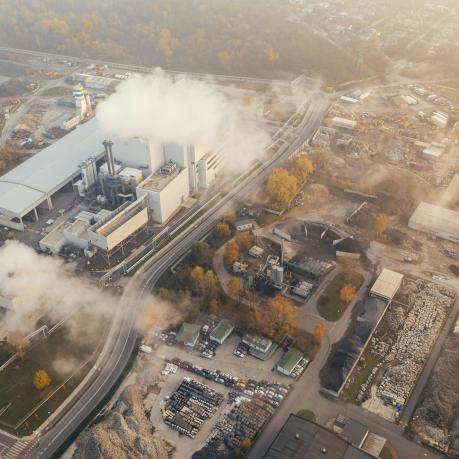Administrative title
Energy Policy in New Zealand (in German only)
Grundlagen, Institutionen, Entwicklungen und Kooperationspotenziale mit Deutschland
Authors (text)
Honnen, Jens; Raffaele Piria and Franziska Teichmann
2021 | Berlin: adelphi consult GmbH


